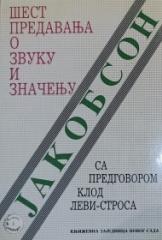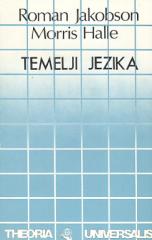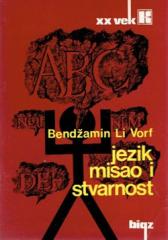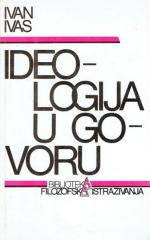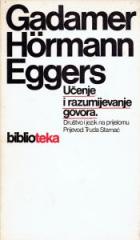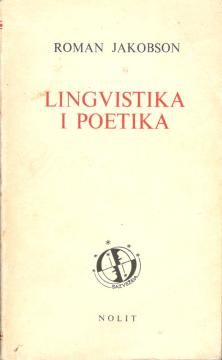
Lingvistika i poetika
In his lecture Linguistics and Poetics, Russian-American linguist Roman Jakobson (1896–1982) explores the relationship between language and literature, arguing that poetics is a subdivision of linguistics that deals with what makes a verbal message a work
Poetics studies the specificity of verbal art in relation to other arts and forms of speech, emphasizing the poetic function of language. Jakobson identifies six elements of communication and their functions:
- Referential – focused on the context (conveying information).
- Emotional - focused on the speaker (expression of emotions).
- Conative - focused on the listener (orders, appeal).
- Phatic – channel oriented (maintaining contact, eg "hello?").
- Meta-linguistic – code-oriented (language talk).
- Poetic - focused on the message itself, where form, equivalence and parallelism are emphasized.
In poetry, the poetic function dominates: the principle of equivalence (from the paradigm of word to syntagm) is projected onto syntax, creating rhythm, rhyme and metaphors. Examples: "The buzz-saw snarled and rattled" (Frost) or Russian songs with assonance.
Linguistics provides tools for analyzing poetic devices (phonology, syntax), but poetics applies them to art. Jakobson criticizes the isolation of poetics from linguistics, advocating integration for a better understanding of language. The text influences structuralism, semiotics and literary theory, showing that poetry is "language in its aesthetic aim".
One copy is available
